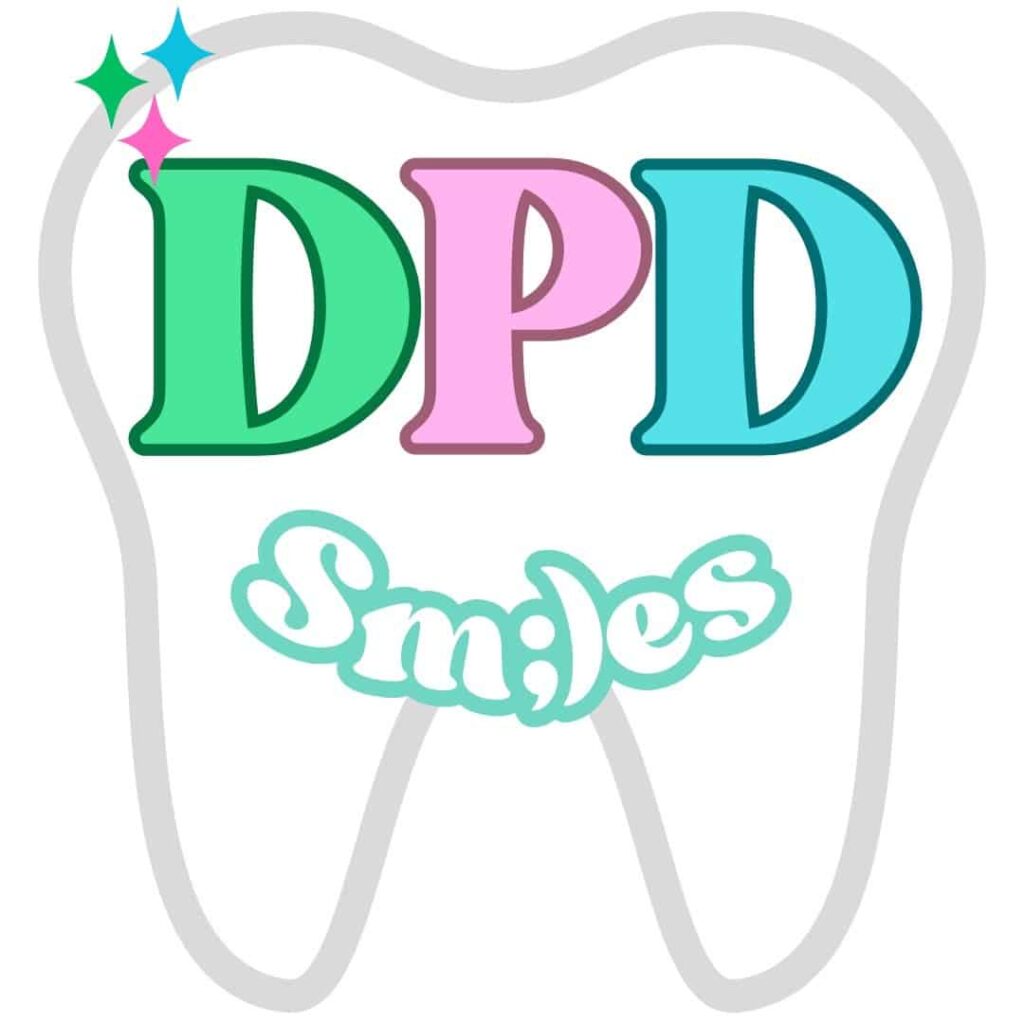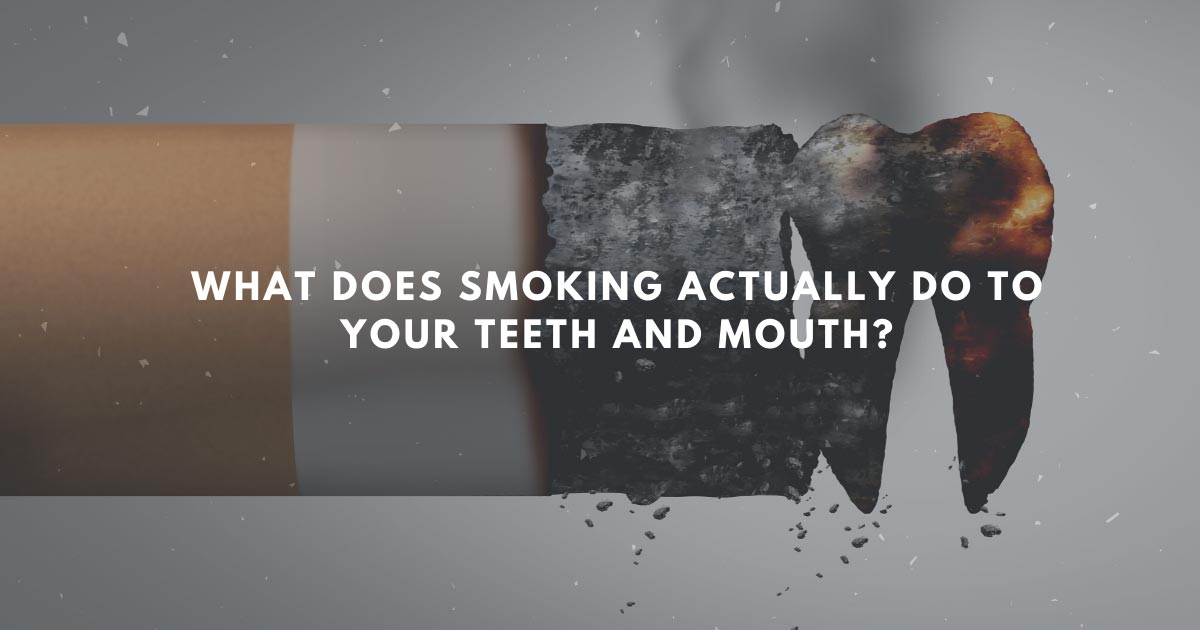It’s widely understood that smoking is a dangerous habit, but not just for your lungs and heart. Smoking also causes excessive damage to your teeth, gums, and mouth. Unfortunately, here at DPD Smiles – Pediatrics & Orthodontics we do see teens who have already begun to use tobacco. We know you value your child’s smile and want to protect their teeth for years to come. Take action now to ensure smoking doesn’t cause the following oral health complications.
Tooth Discoloration
Tooth discoloration is one of the most immediate and noticeable effects of smoking. Nicotine itself is colorless, but it turns yellow when combined with oxygen. Your porous teeth absorb this yellow color and eventually lose their attractive white appearance.
Unfortunately, tobacco stains are often difficult to remove because they develop and set into your teeth over a long period of time. When yellow discoloration settles deep into your enamel and penetrates the outer layer of dentin, only professional teeth whitening can lift the stains out.
Excess Plaque and Tartar
The chemicals lurking in cigarettes limit the flow of saliva in your mouth. Saliva is essential to a healthy mouth because it clears away plaque and debris. When you smoke, lower levels of saliva make it easy for bacteria to cultivate plaque in the nooks and crannies of your mouth.
It’s critical to remove plaque daily. Otherwise, it hardens into tartar along and below your gum line. This is why smokers are up to six times more likely to develop periodontal disease than non-smokers.
Slow Healing
Smoking interferes with the body’s natural healing processes. In particular, smoking restricts blood flow, which in turn limits the fresh oxygen and nutrients that the cells throughout your body receive. This causes slow and inefficient healing throughout the body, including in your mouth. Your gum tissue can’t recover from damage quickly so cuts, sores, and infections all take much longer to heal or can’t heal at all.
Increased Risk of Oral Cancer
According to the Mouth Cancer Foundation, about 90% of people with mouth cancer are tobacco users. Overall, smokers are six times more likely than nonsmokers to develop oral cancer.
Oral cancer can be effectively treated if discovered early, but it becomes aggressive and deadly in later stages. Quitting smoking is one of the best preventative measures to limit the risk of oral cancer. Even if you smoke for years, quitting can greatly reduce your likelihood of smoking-related diseases like oral cancer. Discussing the harmful effects of tobacco use with children and teens is important so they understand it’s more than discolored teeth and bad breath, it’s much, much more dangerous.
Our Wheaton pediatric dentist believes that setting an example is best for kids, so if you are struggling with quitting, talk to your dentist about smoking cessation strategies. Even if you’re an active smoker, it’s possible to kick the habit and restore your mouth to full health. Our team is here to help patients protect their smiles from threats like smoking. Give us a call today!

